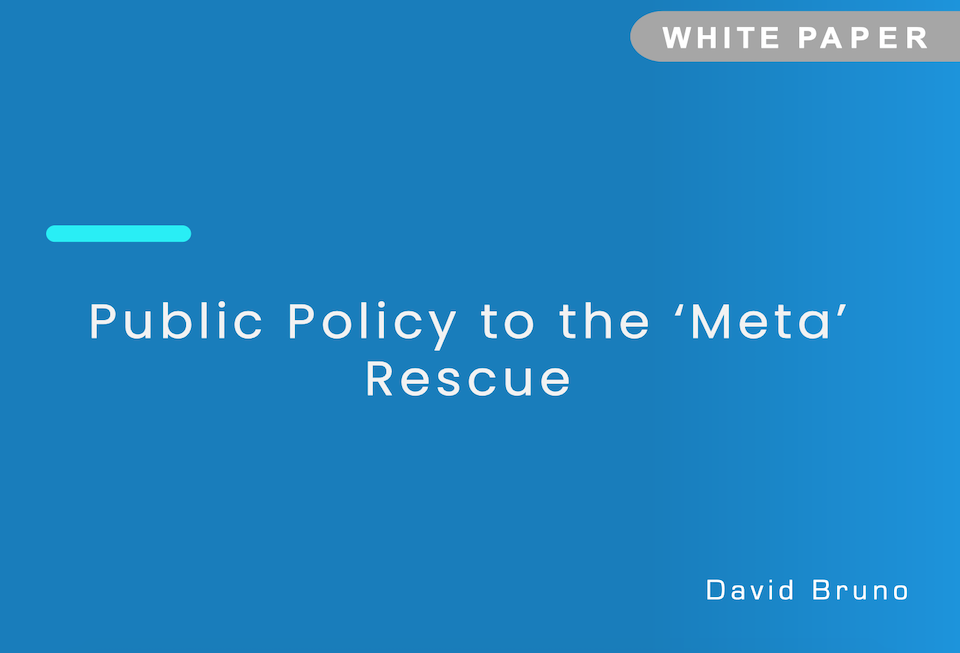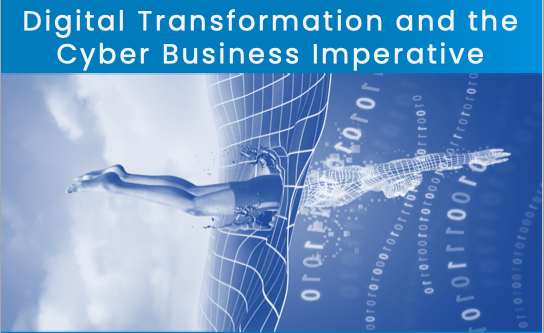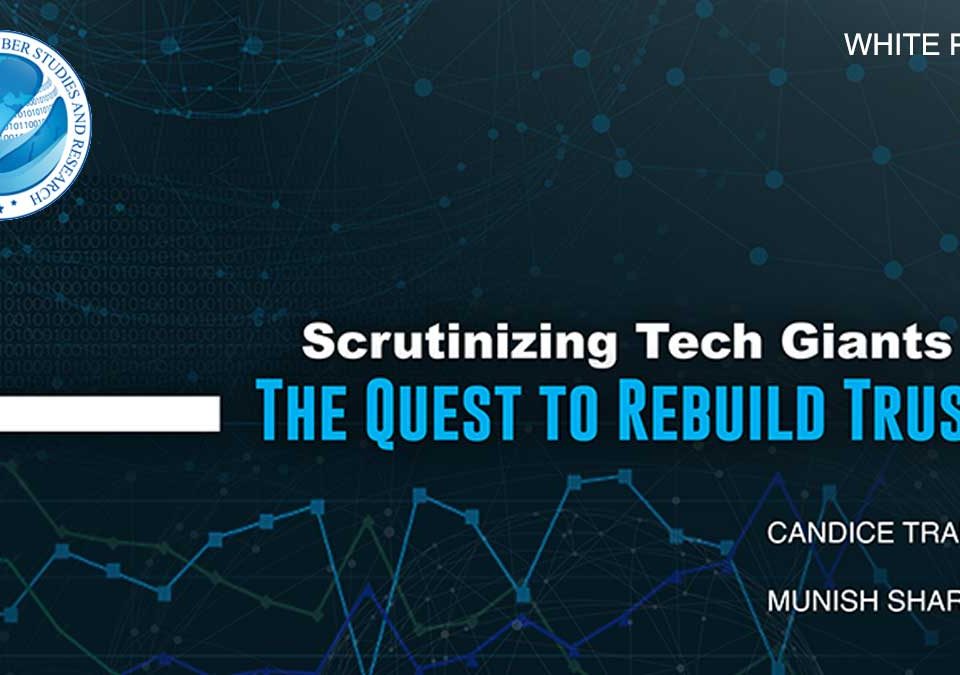
Candice Tran Dai
Group Chair
Team members:
- Munish Sharma
- Maryne Dijkstra
- Reeda Al Sabri Halawi
- Marek Boguszewicz
- Steven O'Sullivan
Corporations are playing different roles in cyberspace, not only as drivers of technological innovation and operators of critical infrastructures but also as victims of cyberattacks and targets of cyberespionage campaigns as well as cybersecurity gatekeepers and firefighters or even unconscious distributors of malware via corrupted supply chains.
From a policy and governance perspective, the private sector has been proposing cyber norms to protect cyberspace through several initiatives. As critical stakeholders of cyberspace, corporations are increasingly stepping into a norm-developing role, which used to fall under the realm of governments. Cyberspace has been transforming the relationship between corporations and governments with no clear set of roles and responsibilities, where corporations have capabilities that can rival or even exceed nation-states capacity and where corporations and governments may disagree on a certain number of topics such as Net Neutrality.
CyCORP special interest group will work at the intersection of business, technology and governance and handle topics related to the position, the posture and the role of corporations in cyberspace, which include but are not limited to:
- Cyberattacks and cyberespionage campaigns on the private sector
- Global cyber supply chain vs. protectionism/indigenous ICT/innovation
- Responsibilities of corporations in cyberspace
- Emerging technologies and cybersecurity
- Public-private collaboration on cybersecurity
- Role of big tech companies in technology policy and cybersecurity governance
- Geopolitical and geo-economic perspectives on the position of corporations in cyberspace
Reports, Papers, Briefings
Digital Transformation and the Cyber Business Imperative
Many cyber initiatives that are being designed and implemented in large organizations are undertaken in silos. Often digital transformation programs are disconnected from the enterprise cyber security initiatives and therefore often increase the overall cyber risk. The impact of this is amplified in organizations with large supply chains, embryonic cyber and privacy maturity and those trying to move at speed with digitalization initiatives. In this paper we consider this, and offer recommendations based upon industry sources and research, along with our own practical experience and insights.Scrutinizing Tech Giants: the Quest to Rebuild Trust
In this white paper, we look at recent developments regarding the growing distrust and backlash from public opinion, regulators and governments, as well as media about Tech Giants. It look at challenges and opportunities in accommodating the growing place and role of Tech Giants in a way that fosters transparency and accountability.US-China Trade War and the High Technology Sector
In this era of complex interdependence, such sudden disruptions in supply chains will not only hurt Chinese businesses in the US and elsewhere, but also damage the US economy as well as its reputation as a business destination. It is after all a vicious circle.




